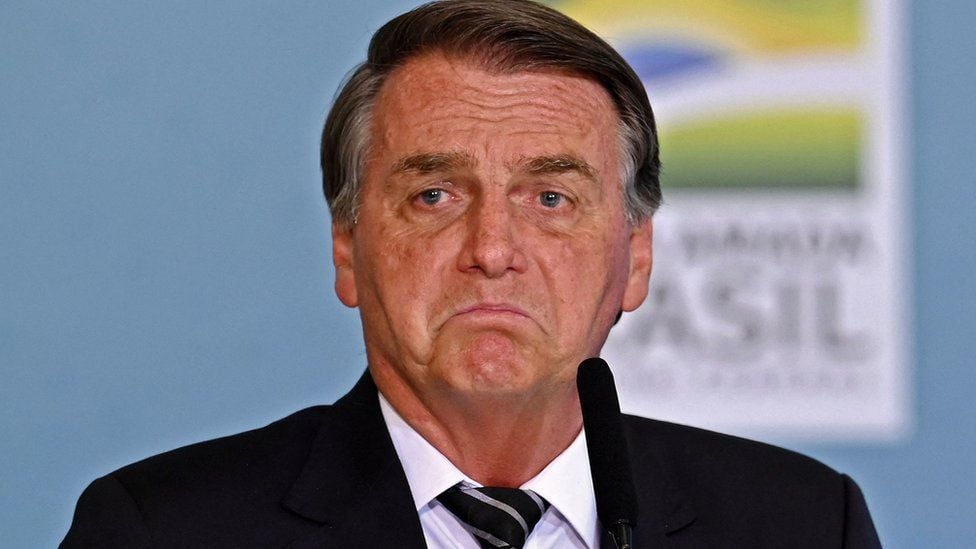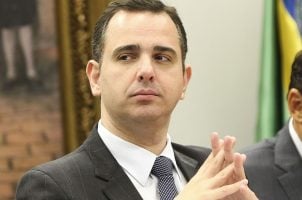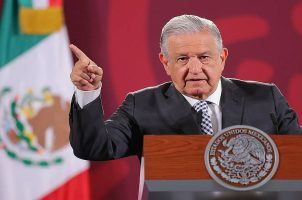Legal Sports Betting in Brazil Faces New Delay as President Bolsonaro Steps In
Posted on: June 13, 2022, 08:30h.
Last updated on: June 14, 2022, 06:42h.
Brazil has been working on legalized sports betting for a while, and it seemed like the finish line was in sight. However, the country’s president, Jair Bolsonaro, just got in the way.

Jair Bolsonaro ended up halting the sending of the sports betting proposal to Congress, according to media outlet O Globo. Congressman Marco Feliciano, one of the leaders of the evangelical caucus, told Bolsonaro that he opposed the measure, even asking the president not to sign the decree.
Bolsonaro, who is running for re-election, listened. So, for now, and for an unknown amount of time, any progress in legalizing sports betting may be throttled.
Sports Betting a Hot Topic
The regulation of sports betting is the main focus of the gaming industry in Brazil. The defense of the theme continues to outperform and dominate a large part of the political scene, even to the point of placing Bolsonaro as a ‘hostage’ of the evangelical bench.
Bolsonaro is feeling increased pressure from recent election polls. These indicate that the main opposition candidate, Luís Inácio Lula da Silva, appears as the favorite. Brazil will hold its elections for the president, governors, deputies, and senators on October 2.
A presidential decree regulating sports betting in Brazil remains the only option Brazil could implement immediately in the sector. Many proponents have supported legalization for the tax revenue it can generate, but Bolsonaro’s decision puts everything at risk.
I am an evangelical pastor. I was elected to represent this segment. We are against any type of game involving cash betting. The game destroys families. That’s the door to the casinos,” said Congressman Marco Feliciano.
André Gelfi, a partner in Brazil of the Swedish gaming group Betsson, estimates the unregulated market could move R$60 billion (US$11.7 billion) this year. The calculations indicate that the country could raise R$6.4 billion (US$1.25 billion), which would generate R$800 million (US$156.16 million) in corporate taxes, R$2.2 billion (US$429.44 million) with license grants, and R$3.4 billion (US$663.68 million) in income tax on awards.
Feliciano argues that sports betting harms the evangelical faith despite the estimated benefits. He believes the figures aren’t real and that the gaming industry concocted them. He asserts that it didn’t provide transparency to show how it arrived at its results.
11th-Hour Halt
It appeared as though legalized sports betting would arrive almost any time before Bolsonaro intervened. As recently as the end of May, he and lawmakers were providing input on establishing the framework.
One of the expected changes was the provision that international bookmakers would need a domestic place of office. This would result in Brazil being able to collect more taxes.
In 2021, Bolsonaro passed a law that provides for collecting taxes on transactions carried out on bookmakers’ websites. Part of the total revenue minus the prizes paid to players already targets the education and public safety sectors.
The government estimates that the tax on these companies can be even higher. Today, 95% of the money raised goes to bookmakers to cover operating and maintenance costs. Lawmakers found a way to attract more revenue for the country. But Bolsonaro’s efforts now block any positive movement.
Related News Articles
Puerto Rico Gambling Legislation Advances, Seeks Revenue to Fill Fiscal Hole
Brazil Approves Revised Sports Betting Bill
Mexico Bans Slot Machines in Casinos, Gambling Houses Across the Country
Most Popular
Las Vegas Overstated F1 Race’s Vegas Impact — Report
Vegas Strip Clubs Wrestle in Court Over Animal Names
Mega Millions Reportedly Mulling Substantial Ticket Price Increase
Las Vegas Strip Stabbing Near The Strat Leaves One Man Dead
Most Commented
-
End of the Line for Las Vegas Monorail
— April 5, 2024 — 90 Comments -
Mega Millions Reportedly Mulling Substantial Ticket Price Increase
— April 16, 2024 — 6 Comments -
Long Island Casino Opponents Love New York Licensing Delays
— March 27, 2024 — 5 Comments -
VEGAS MYTHS RE-BUSTED: Slot Machines Can Be ‘Due’
— April 12, 2024 — 4 Comments
















No comments yet